 Welcome
Welcome
“May all be happy, may all be healed, may all be at peace and may no one ever suffer."
- A
- B
- C
- D
- E
- F
- G
- H
- I
- J
- K
- L
- M
- N
- O
- P
- Q
- R
- S
- T
- U
- V
- W
- X
- Y
- Z
Enteric Nerves - Diseases
Enteric nerves are a complex network of nerve fibers and ganglia that are found throughout the walls of the gastrointestinal tract, from the esophagus to the anus. They form the enteric nervous system, which is sometimes referred to as the "second brain" due to its ability to function independently from the central nervous system.
The enteric nervous system plays a critical role in the regulation of digestive processes, including the movement of food through the digestive tract and the secretion of digestive enzymes and hormones. It also plays a role in the sensation of hunger, fullness, and other digestive sensations.
The enteric nervous system is made up of two main types of neurons: sensory neurons, which detect changes in the environment of the digestive tract, and motor neurons, which control the movements of the digestive muscles. These neurons work together in complex feedback loops to maintain proper digestive function and respond to changes in the environment.
In addition to its digestive functions, the enteric nervous system has also been linked to a variety of other bodily processes, including immune function and mood regulation. Researchers are still exploring the full extent of the enteric nervous system's functions and how they interact with other systems in the body.
Overall, the enteric nervous system is a complex and essential part of the human body that plays a critical role in maintaining digestive health and overall wellbeing.
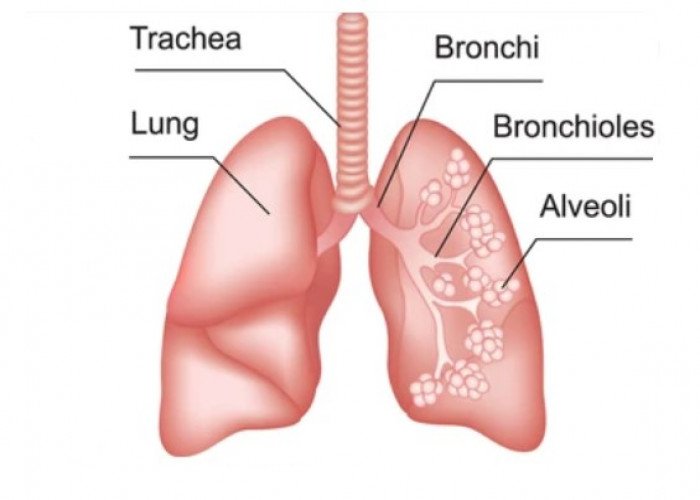
Trachea
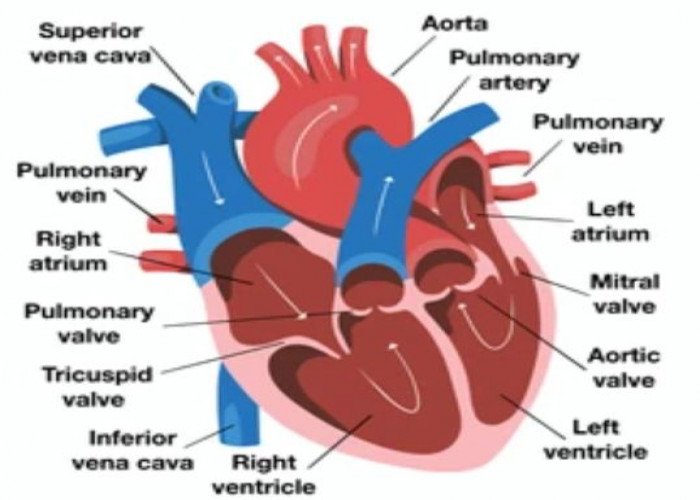
Heart

Wrist
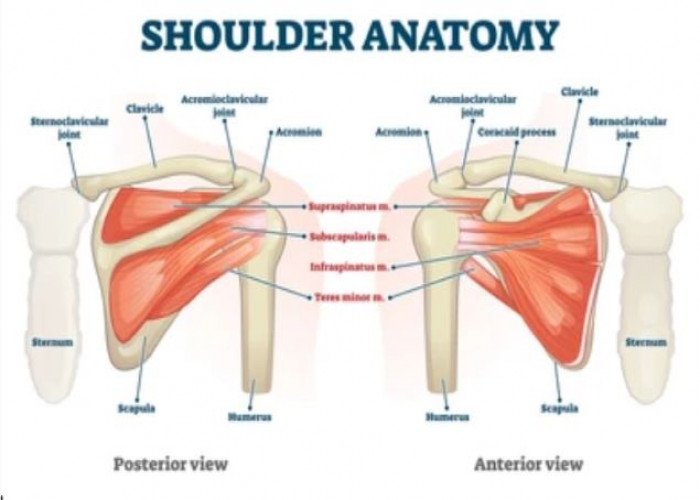
Shoulder

Lymph node
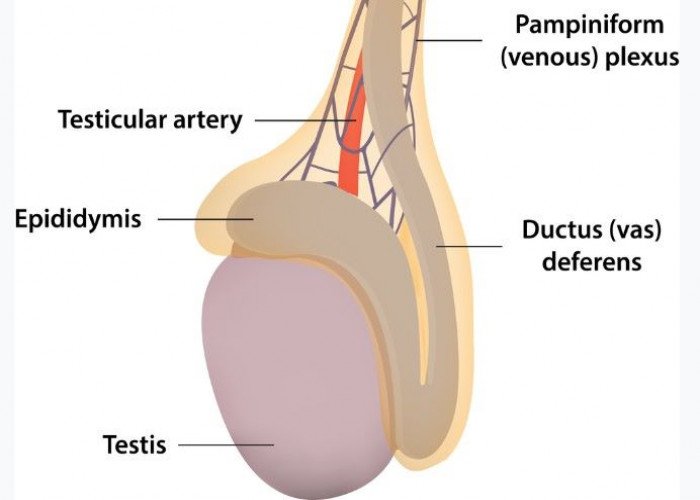
Vas deferens
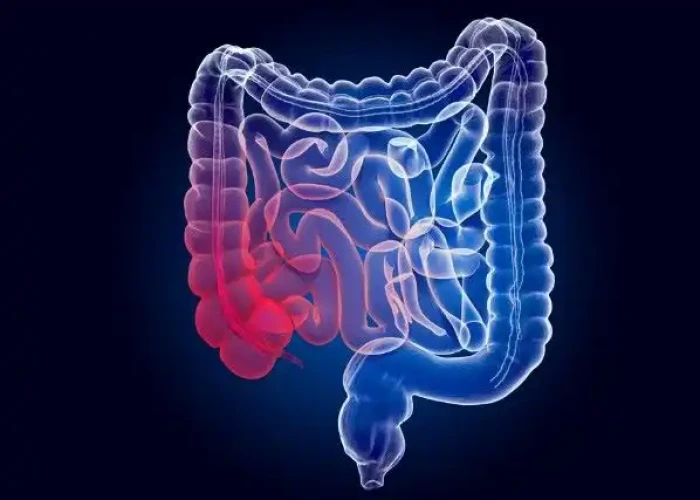
Duodenum intestine

Pharynx
Enteric Nerves, ENS nervous system, অন্ত্রের স্নায়ু
To be happy, beautiful, healthy, wealthy, hale and long-lived stay with DM3S.